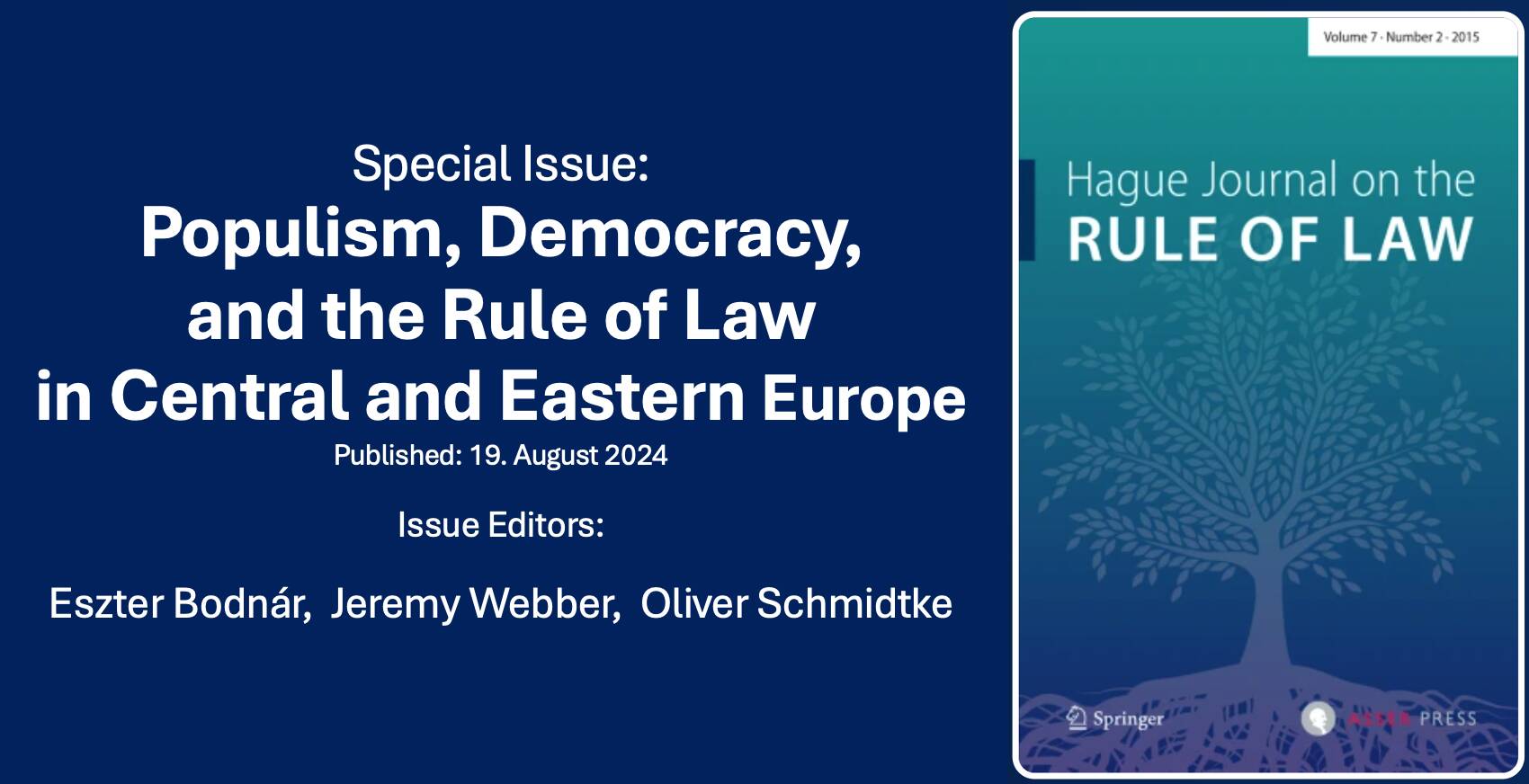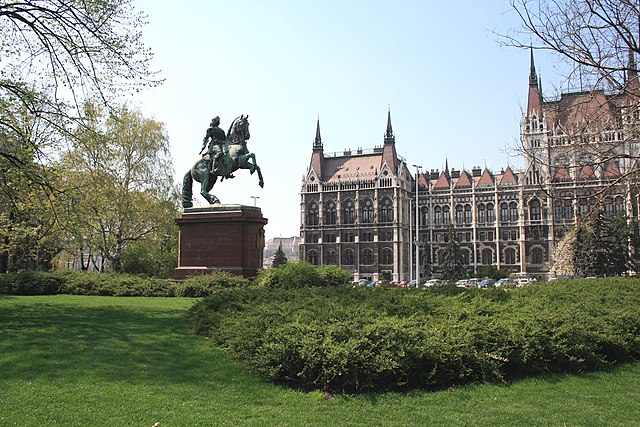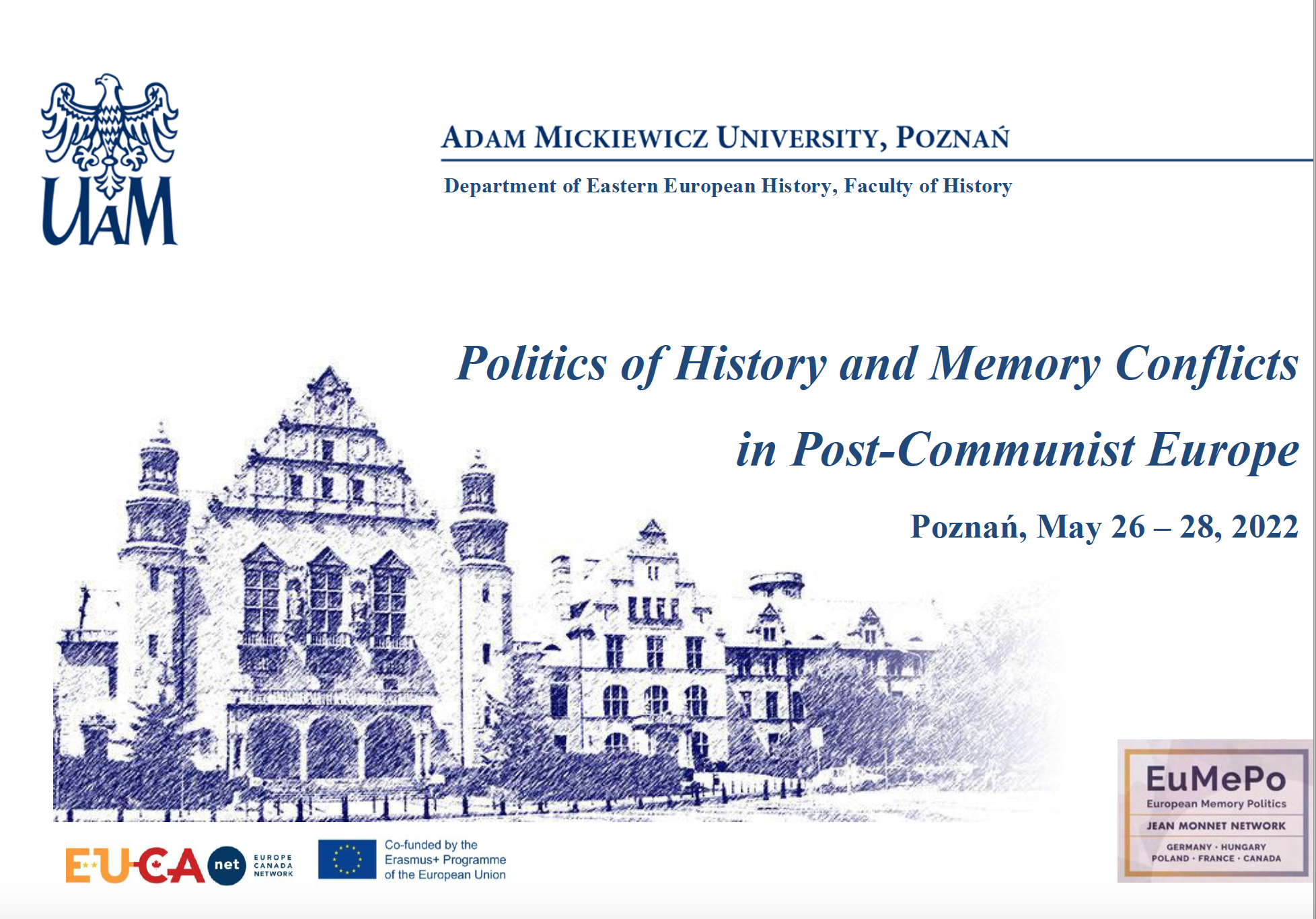Special Issue on Populism, Democracy, and the Rule of Law in Central and Eastern Europe
Experts “…explore the intricate interplay between populism, constitutionalism, and the rule of law in the CEE region, focusing especially on those governments that combine populist forms of political mobilization with, when in power, nationalistic policies based on an exclusionary definition of who constitutes the nation. The papers focus primarily on how those governments have engaged with constitutional norms, either challenging or leveraging them to further their political agendas. An examination of the implications of these actions for the vitality of constitutionalism and the rule of law will contribute to our theoretical understanding of the relationship between democracy, constitutionalism, and the rule of law.
Particularly contentious has been the integrity of the rule of law and democratic constitutionalism in certain CEE states, most notably Hungary and Poland. Critics argue that populist-nationalist regimes have undermined constitutional norms and the rule of law based on a particular notion of illiberalism and popular sovereignty. In response, populists assert the democratic legitimacy of their governments, contest judicial overreach, present alternative views on law and human rights, and strategically utilize constitutional mechanisms to their advantage, such as appointing sympathetic judges and implementing hard-to-repeal policies. They reject claims of opposing the rule of law and, at times, put forth their own conceptions of the relationship between democratic governance and constitutional structure.
These complex developments and debates are of immense importance. They are central to the political landscape in various CEE countries, in particular Hungary and Poland, and to varying degrees Romania, Slovakia, the Czech Republic, and Serbia. Additionally, these dynamics have significantly impacted the relationship between CEE countries and the European Union, resulting in one of the most significant crises in the EU’s recent history. Of course, we do not claim that populism or exclusionary nationalism are restricted to CEE. Clearly, we see similar tendencies in Western Europe and liberal democracies around the world…”




 creative commons licence
creative commons licence




